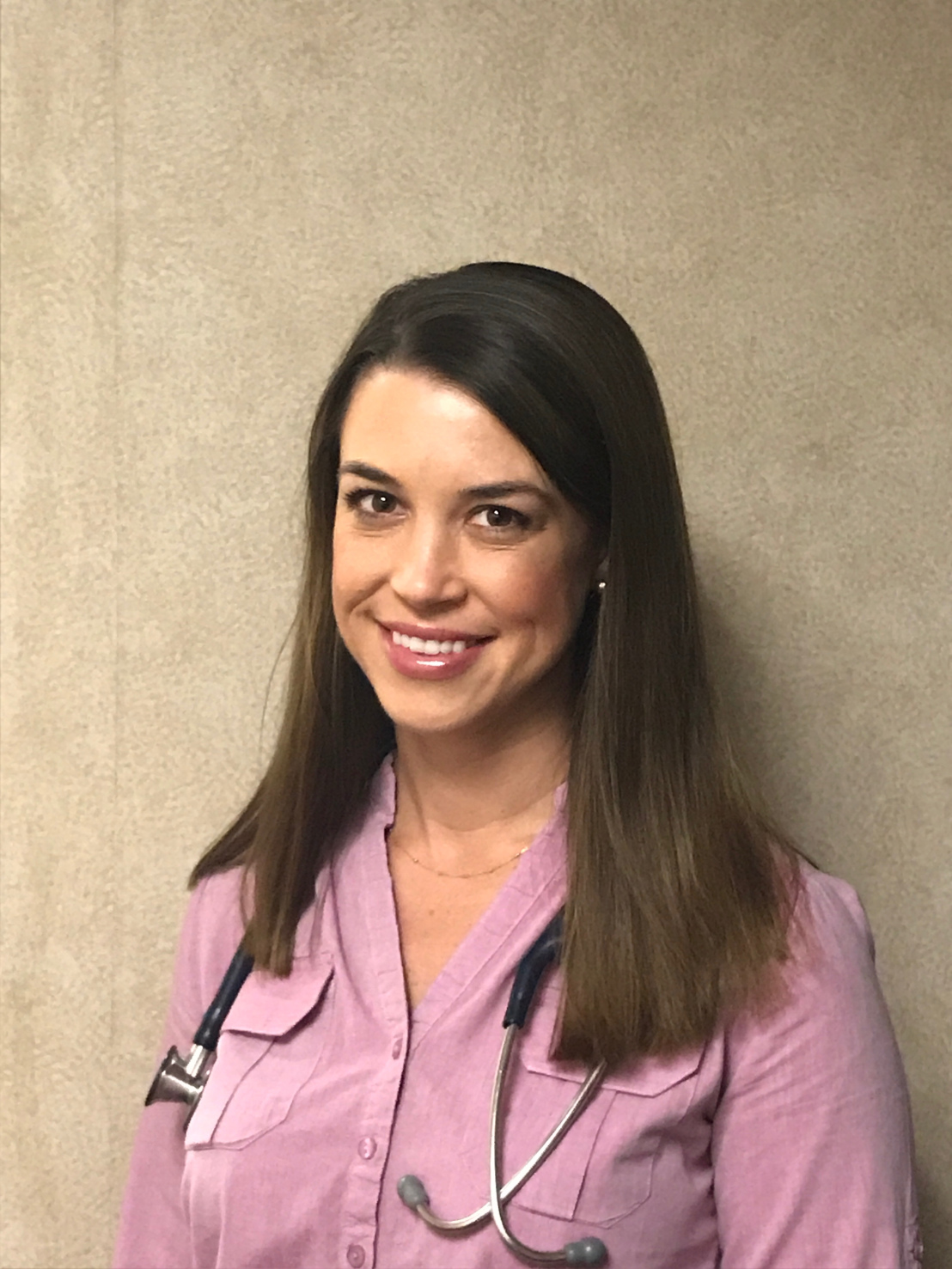A Day in the Life: Psychiatry Physician Assistant
Allyson Gelman, MPAS, PA-C
Psychiatry PA
Graduated from UTMB in 2014

1. What is your specialty? Where do you work?
I work in Outpatient Psychiatry at Holistic Psychiatry in Kingwood, TX
2. What is a typical day like?
I get to the clinic at 8am after my 40 minute commute from home and I immediately start seeing patients. Follow-ups are 15 minutes and new patients take 30-45 minutes. I typically see about 22-26 patients a day, mostly follow ups and about 2-5 new patients per day. Things are very hectic at our clinic with the amount of patients I am expected to see. My role is primarily medication management. I treat patients for depression, anxiety, bipolar, ADHD, PTSD, opioid addiction, schizophrenia, and OCD. I prescribe antidepressants, mood stabilizers, anxiolytics, sedative hypnotics, and stimulants. Another thing I prescribe is buprenorphine which is an opioid replacement medication to help patients who are addicted to opioids get sober and then maintain their sobriety. Our clinic offers ADHD testing in the office called the TOVA test and we also do TMS (Transcranial Magnetic Stimulation) fortreatment-resistant depression. I share a wall with the room where they do those two things so I hear it going on throughout the day in the background. I typically get out on time right around 5pm. I return messages throughout the day between patients. My staff does all the paperwork and prior authorizations for me so I just have to see patients and chart mostly.
I work Monday – Friday 8-5 with lunch from 12-1, 40 hours a week.
3. What attracted you to your particular specialty originally?
I have always had an interest in psychology since I come from a long line of people who suffer from mental illness. Initially I wanted to be a primary care provider but it never really worked out and I just sort of fell into psychiatry because there was a job opening so I took it. So far it is the best specialty I have worked in. I just see patients, talk to them about their problems, and prescribe medications. I don’t have to do any procedures which is something I never enjoyed anyways.
4. What do you find most interesting about your current specialty?
There is never a dull moment. My patients tell me some very interesting stories about their lives. They feel comfortable opening up to me about their love lives, their children, traumas they have experienced, anything you can think of, which I absolutely love. I always wanted to develop long term relationships with my patients instead of being in a setting where I would treat them once and never see them again like in the ER or urgent care.
5. What special skills are required? Skills you learn once you were hired?
There were no special skills required for this job. My knowledge of psychiatric drugs was pretty good before but expanded rapidly as I learned on the job. I also learned about time management and how to make the visits with patients shorter and keep the flow going which was something I really struggled with in my first few years of being a PA.
6. What do you like most about being a PA?
The flexibility to be able to work in different specialties. After PA school I worked in allergy/asthma, then family medicine, and now psychiatry. I like that my job has primarily always been just seeing patients and charting. Working in private practice, it’s usually the doctor who has to do more of the business/administrative tasks to keep the clinic running. I am happy with my supervising physician being the person who owns the clinic and takes care of business decisions.
7. What are the challenges of your particular specialty?
Patients put too much faith in the medications that I prescribe them to fix all their problems. It’s draining when they come back for a follow-up and they are still depressed despite me trying so many different things. I try to explain to them that they need to give the medication time to work and also to do therapy and get out of their house once in awhile. They complain to me for a long time about all thethings going wrong in their lives and I have to constantly redirect them to stay on track and discuss the medications in the limited amount of time we have. There are some days it’s hard for me not to want to cry hearing about their problems all day long, but the longer I do this the easier it gets.
8. Any other advice you’d like to share?
There is never going to be a perfect job out there. You have to decide what you are willing to tolerate and compromise about some aspect whether it’s the amount of paperwork, the amount of patients you are expected to see, the coworkers, the types of patients, or call schedule. No matter what it is going to be challenging, but hopefully it will be rewarding too.







